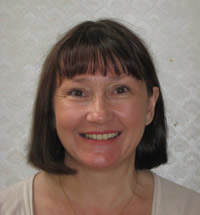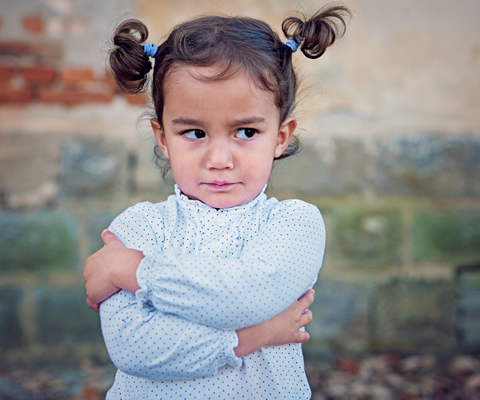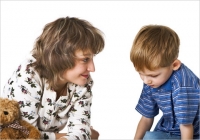Fantastic Twos - Common Behavioural and Emotional Problems Part 2: In Practice course for Dietitians


This session covers some of the behavioural problems which can result from poor mental health in preschool children and the different strategies which can be used to prevent or manage them. Infant and early childhood mental health refers to the healthy social and emotional development of a child from birth to 3 years. For some families, referral onto specialist teams for further advice and support may be required.
Learning objectives
By the end of this session you will be able to:
- Identify the main mental health disorders experienced by children
- List the different causes of psychosocial problems in pre-school children
- Outline the principal strategies for preventing and managing behaviour and emotional problems
- Advise parents and carers on how to ensure the child’s healthy emotional development
In this session, we consider the mental health disorders that pre-school children may experience, the underlying problems that can cause them and the potential risk factors associated with these. We then look at different strategies for preventing and managing behaviour and emotional problems and the practical steps that parents can take to ensure their child’s normal, healthy emotional development.

Before commencing this session you should complete:
- Development and Behaviour/Fantastic Twos – Common Behaviour and Emotional Problems Part 1: Theory (402-0031)
Doreen first qualified as an SRN in 1981. She then qualified as an RSCN in 1986 before going on to specialise in neonatal intensive care at the Leicester Royal Infirmary. She is currently the consultant editor of Paediatric Nursing and a doctoral student researching family experiences in the NICU.
She has made several contributions to peer reviewed journals and her first textbook, ‘Neonatal Nursing’, was published in 1994. She is the joint editor of ‘An Introduction to Neonatal Nursing Care’ (2002) as well as ‘Nursing the Highly Dependent Child or Infant: A Manual of Care’ (2008).
An RCN committee member of the Neonatal and Paediatric Intensive Care Forum (part of the Children and Young Peoples Community), Doreen feels privileged to have been a partner in supporting the care of sick infants, children and their families over several decades.

- Typical Development Part 1: From Birth to Babble c...
- Posted By eIntegrity Healthcare e-Learning
- Posted Date: 2025-02-21
- Location:Online
- This session is about the course of typical language development from birth to about 1 year of age. ...
- Child as Listener and Speaker Part 2: Verbal Aspec...
- Posted By eIntegrity Healthcare e-Learning
- Posted Date: 2025-02-21
- Location:Online
- This is the second of two sessions which describe the language processing system and the challenges ...
- Child as Listener and Speaker Part 1: Non-verbal A...
- Posted By eIntegrity Healthcare e-Learning
- Posted Date: 2025-02-21
- Location:Online
- This session is the first of two which describe the skills and knowledge that underpin the understan...
- Child Mental Health: Getting a Good Start course f...
- Posted By eIntegrity Healthcare e-Learning
- Posted Date: 2025-02-21
- Location:Online
- This session will outline the factors in the first 5 years of life that contribute to the developmen...
- Communication Impairments Part 4: Autistic Spectru...
- Posted By eIntegrity Healthcare e-Learning
- Posted Date: 2025-02-21
- Location:Online
- This session is the last of four that looks at different speech, language and communication impairme...







